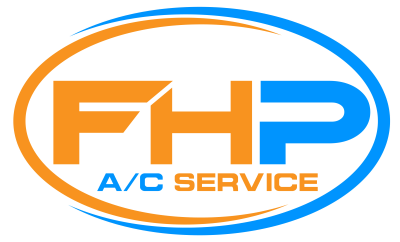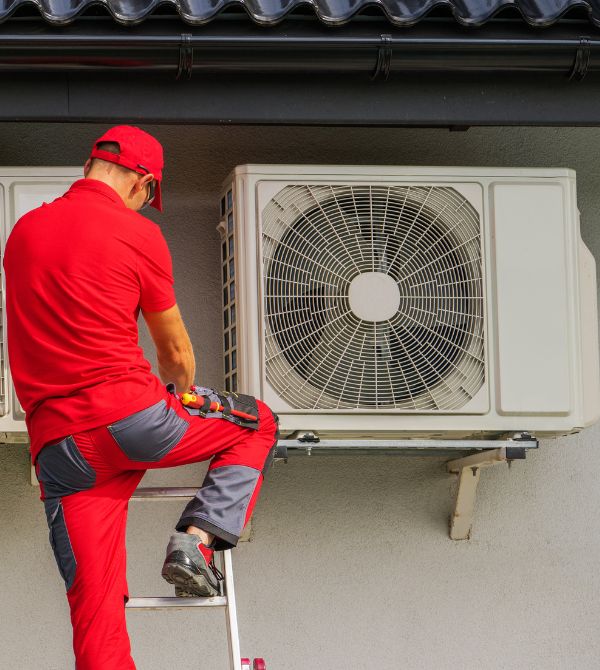Winter is one of the most challenging times of year for heat pumps. Cold temperatures can put a strain on the system, potentially leading to insufficient heating and increased energy bills. But this doesn’t have to be the case. With some simple maintenance and the use of best practices, you can help your heat pump work more efficiently and effectively during cold weather in South Florida. Follow these tips to maximize your heat pump’s performance during winter.
1. Keep Dust and Debris Away
Heat pumps rely on indoor and outdoor coils to move heat between the inside and outside of your home. If these coils are clogged with dust or other debris, they can’t work as efficiently, leading to less effective heating or cooling. Make sure to regularly clean the inside and outside coils of your heat pump.
2. Check Your Filters
Clogged air filters can reduce the efficiency of your geothermal heat pumps and force the system to use more energy than necessary. Make sure to check your filters regularly and change them as needed (about every 3 months). This will help ensure that your heat pump is working at peak efficiency.
3. Keep Up With Regular Maintenance
Regular maintenance is essential for all heating and cooling systems to keep them running smoothly. Have your geothermal heat pumps regularly inspected ( as per the manufacturer’s guidelines) to identify any potential problems and make sure that all the components are in good condition; you can try Florida’s Heat Pump & A/C Service for expert maintenance.
4. Don’t Heat Unoccupied Rooms
It may be tempting to keep your entire house at the same temperature, but heating unoccupied rooms is a waste of energy. Try to limit the heating of unused rooms and close off doors to keep the heat where you need it. If you’re worried about pipes freezing in these unoccupied rooms, consider heat pump installation services to help keep the temperatures at an optimal level.
5. Avoid or Limit the Use of “Emergency Heat”
Your heat pump has two settings: “Emergency Heat” and “Regular Operation.” Emergency heat should only be used when the temperature drops below a certain point. If your system is set too low, it could lead to the overuse of emergency heat, which wastes energy and money.
6. Keep Your Heat Pump Away from Obstructions
Your heat pump needs to be free of any obstructions to draw air and work properly. If your outdoor unit is blocked by a fence, tree branches, or other debris, it could reduce its efficiency. Ensure there is at least one foot of space around your outdoor unit to help it work more effectively.
7. Limit Cranking Up the Temperatures
You might be tempted to crank up the temperature in your home when temperatures drop. However, this can put a strain on your heat pump and lead to energy waste. Try setting the thermostat as low as is comfortable for you and keep it steady throughout the day. If it doesn’t work, contact a heat pump installation services provider for help.
Conclusion
Hopefully, these tips will help you maximize your heat pump’s performance during the winter months. For more advice or to discuss a potential heat pump installation, contact Florida’s Heat Pump and A/C Service. We are experts in all aspects of heat pumps, from installation and maintenance to repair.

